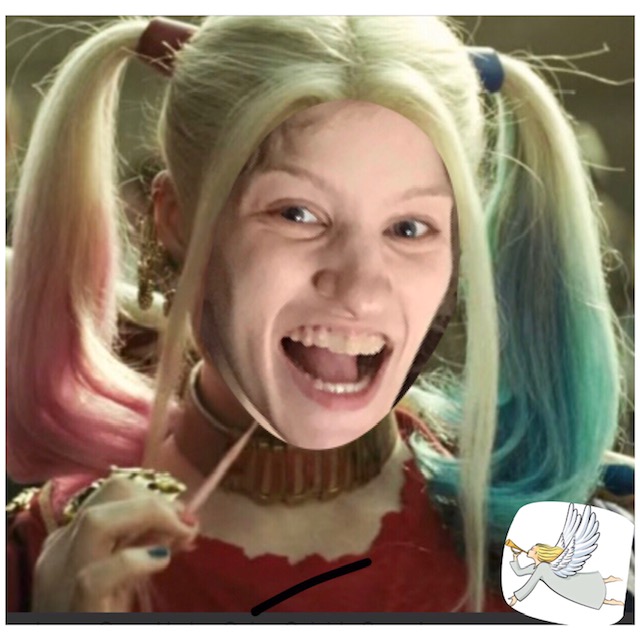
By Chelsea Hagen, PRC-Saltillo Blogger
Ho, Ho, Ho! It’s that time of year again, when both Santa and I are super popular. The only difference is, is when children are told by parents to sit on Santa or speak to him, and the child doesn’t want to… Santa can make up for it with gifts. He leaves presents and all is forgiven and he becomes the “Good Guy” again. On the other hand, for me, kids go away traumatized and this negative visit probably cause them to fear disabled people for the rest of their lives.
I don’t know why but around Christmas time there is an increase of strangers bringing their children over to me and saying, “Say hello to the little girl in the chair.” It’s true, I must confess, I am a 23-year-old in a 12-year old’s body. Apparently this is supposed to benefit me someday, so my mother says (insert eye roll). Anyway, I’m not sure what these parents are thinking. Do they believe if their child is friendly to the little girl in the chair, “An Angel gets it wings,” and what if their child doesn’t talk to me? Do they end up on the naughty list? Yes, it’s true, I’ve had parents threaten this when their shy child refuses to talk to me which causes the parents to become embarrassed. The whole scene becomes awkward and negative. I use to try and smile my biggest smile to make it easier for the child. It wasn’t until my little cousin could finally talk that she told me I scared her because I was sticking my tongue out and making faces at her. It’s true, when I do my huge smile, I kinda look like the insane killer character Harley Quinn; anyone who knows Harley Quinn will know the smile I’m talking about, if not… google it--it’s scary. So, I stopped that frightening smile, but most kids are still nervous around me until they get to know me. I wish strangers (parents) would stop getting mad when their kids cry and shy away from me. It’s not the right way to approach the, “Let’s bond with the little disabled girl so we all feel like better people and it validates that I am a parent that is raising an amazing child and that makes me amazing too.” PLEASE STOP DOING THIS!
Now, the situation I love is… when I get those kids that just love me, they’re curious about me, and some just don’t want to leave because they are so fascinated. The parents of these curious youngster are always the opposite of those other pushy folks. They are always apologizing because without permission their child just wanders over and starts asking me questions and checking everything out. I think this is great and I always let the parents know that I’m fine with it. I think this is a positive experience that makes for a positive future for all people who are maybe a bit different, and it helps create a generation that will grow up to be more compassionate and understanding. I like knowing that just a short positive chat with a child can be incredibly powerful. So, when this happens, an angel may not get its wings, but it does leave this little 23- year-old girl feel like she can fly.
Merry Christmas to all, and to all the best in 2020!
Chelsea Hagen
There are no comments yet. Be the first to post!You must be logged in to post.
Communicators In Action - holiday, aac, Christmas, Xmas, children, perception, disability









